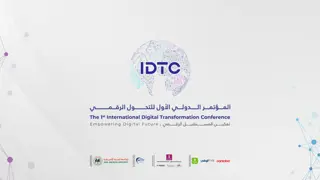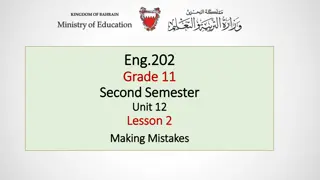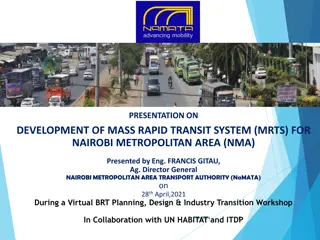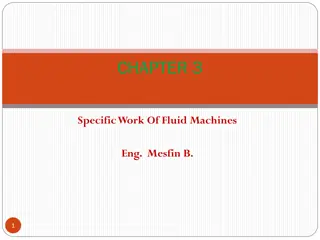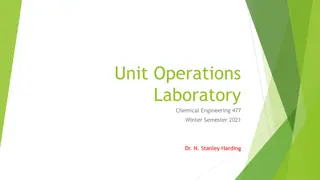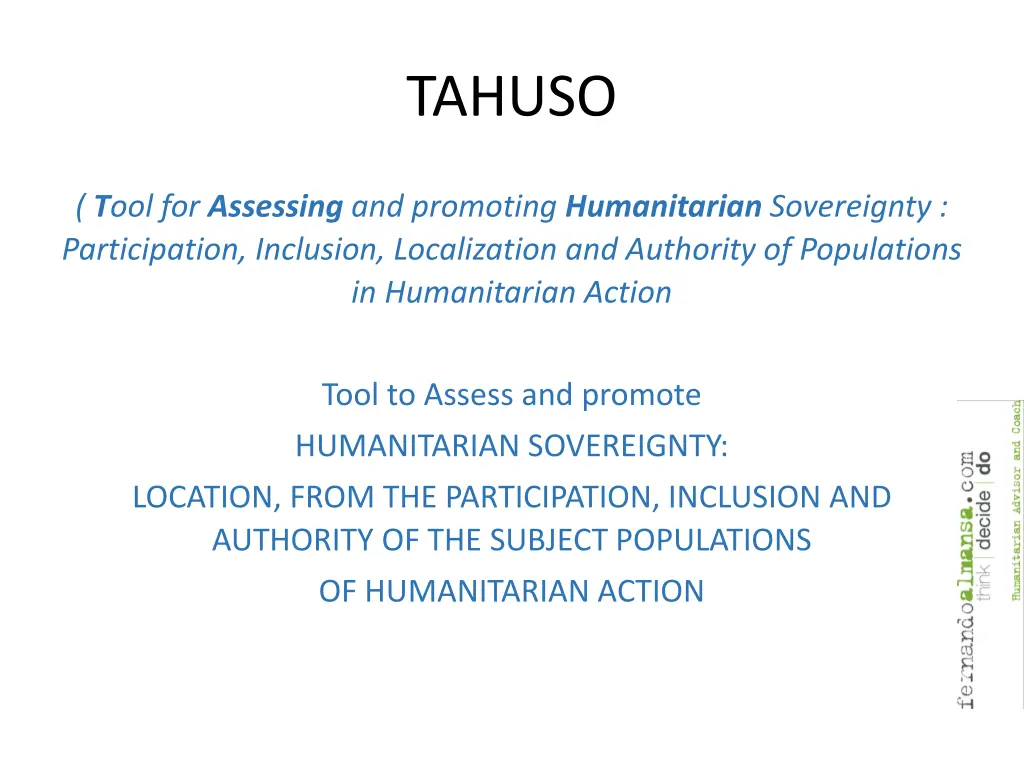
Assessing Humanitarian Sovereignty Through Inclusion and Authority
Explore the TAHUSO tool, which assesses and promotes humanitarian sovereignty by emphasizing participation, inclusion, localization, and authority of populations in humanitarian actions. The tool highlights the importance of local populations having authority over decision-making processes in humanitarian efforts.
Download Presentation

Please find below an Image/Link to download the presentation.
The content on the website is provided AS IS for your information and personal use only. It may not be sold, licensed, or shared on other websites without obtaining consent from the author. If you encounter any issues during the download, it is possible that the publisher has removed the file from their server.
You are allowed to download the files provided on this website for personal or commercial use, subject to the condition that they are used lawfully. All files are the property of their respective owners.
The content on the website is provided AS IS for your information and personal use only. It may not be sold, licensed, or shared on other websites without obtaining consent from the author.
E N D
Presentation Transcript
TAHUSO ( Tool for Assessing and promoting Humanitarian Sovereignty : Participation, Inclusion, Localization and Authority of Populations in Humanitarian Action Tool to Assess and promote HUMANITARIAN SOVEREIGNTY: LOCATION, FROM THE PARTICIPATION, INCLUSION AND AUTHORITY OF THE SUBJECT POPULATIONS OF HUMANITARIAN ACTION
Authority, Appropriation Accountability, Agency, The TAHUSO tool connects the Participation and Inclusion processes with those of Authority and Location (PIAL), of Populations in Humanitarian Action. 1. The concept of Authority goes beyond that of appropriation , since it is not about appropriating something else (actor), but rather exercising authority over what is intrinsically one's own (author). 2. It also goes beyond the concept of Accountability . It is not a question of having fully delegated the direction of Humanitarian Action and then receiving. 3. In this sense, the Authority of populations also implies the concept of Agency (ability to act freely to achieve a purpose, assuming the responsibilities that entails).
Participation and Inclusion, Authority and Location The relationship between the four key concepts could be defined as follows: participation requires full inclusion, transformative participation therefore to authority and the exercise of authority by local populations in key elements of Humanitarian Action, and by local humanitarian organizations in the management of Humanitarian Action, which is the essence of real Location. leads to decision-making,
From Actors to Authors The Population subject to Humanitarian Action must have Authority as authors of the action itself and not mere actors (doers) of Humanitarian action. Actor (Maker) Author (Authority ) Population Population
Participation and Inclusion , Authority and Localization Localization Authority Inclusion Participation
Humanitarian Sovereignty: Participation and Inclusion, Authority and Location Participation Humanitarian Sovereignty Inclusion Authority Localization
Authority and Localization The concepts of Localization and Authority are intimately connected. Location will focus more on the decision-making capacity of local entities and the Authority in the Towns. Localization (Local Humanitarian Organizations. LHO) Authority (Population)
Localization and Partnership The concept of Localization is directly related to that of partnership, since it establishes the form of relationship and distribution of power between Local- National and International entities.
Humanitarian Sovereignty Humanitarian Sovereignty is the right and effective capacity of the populations subject to Humanitarian Action and their local organizations, to decide and define the criteria, strategies and actions in a participatory, inclusive, autonomous and responsible manner, and to exercise full accountability of all the humanitarian actors who intervene with said population.

